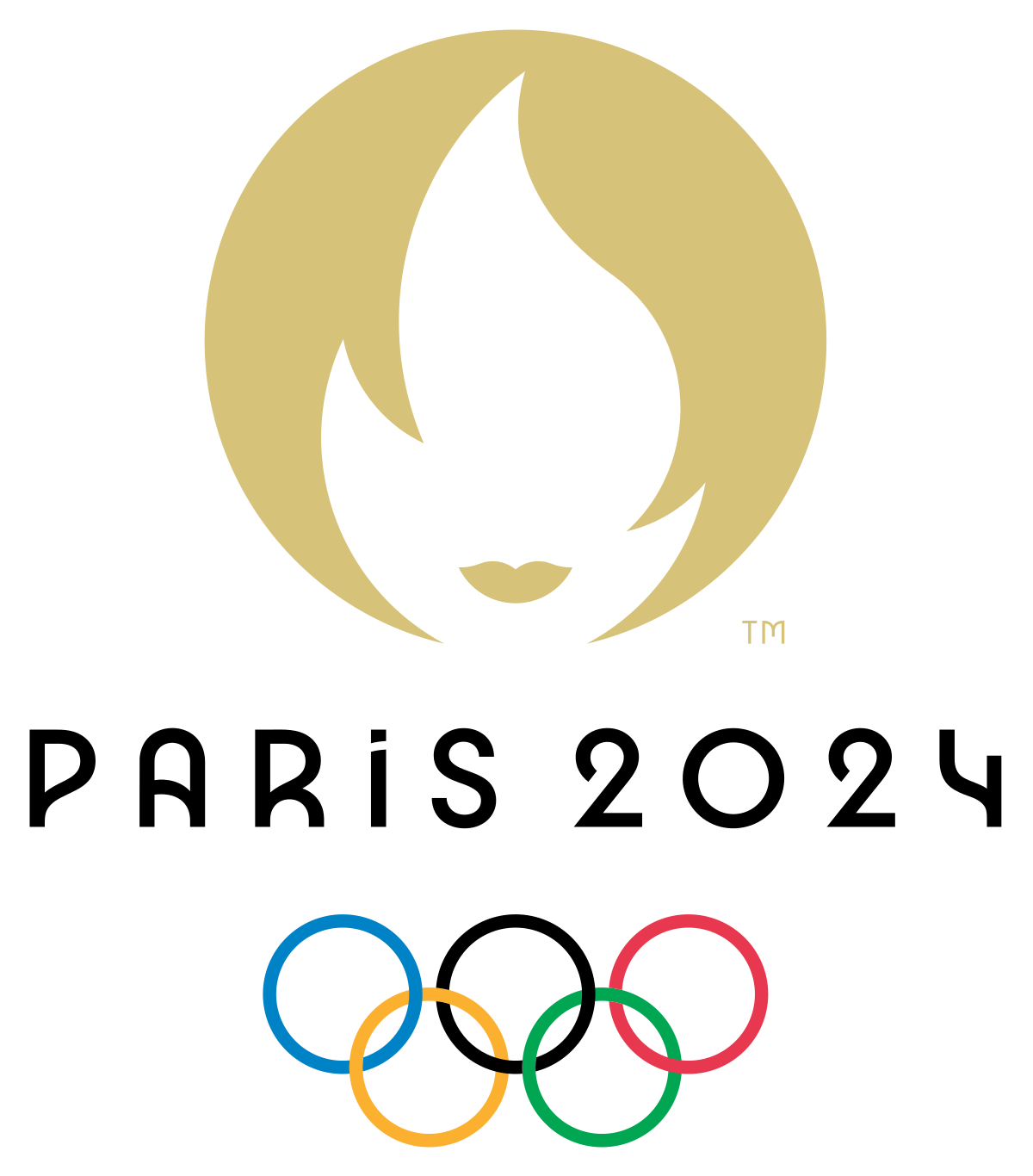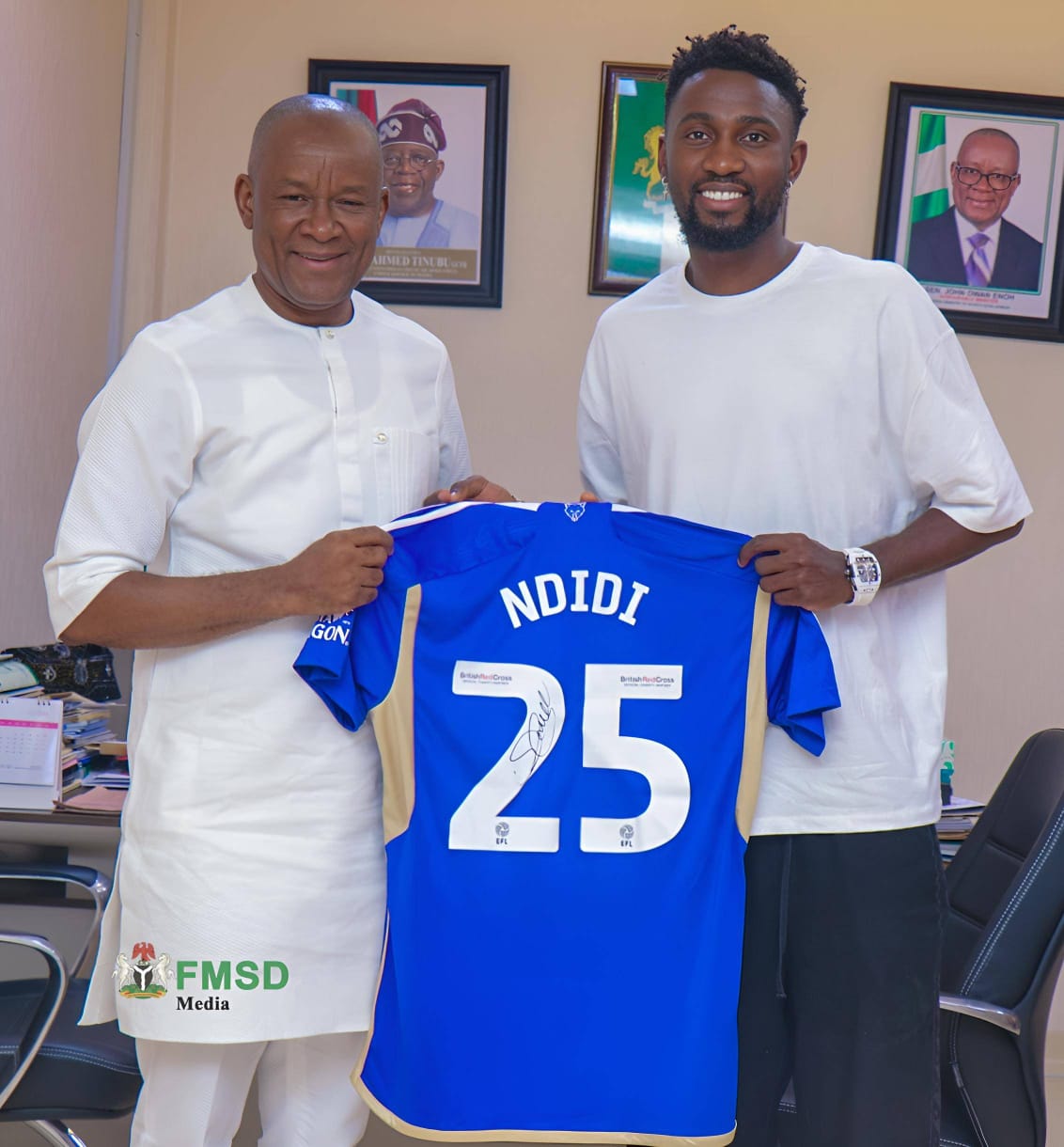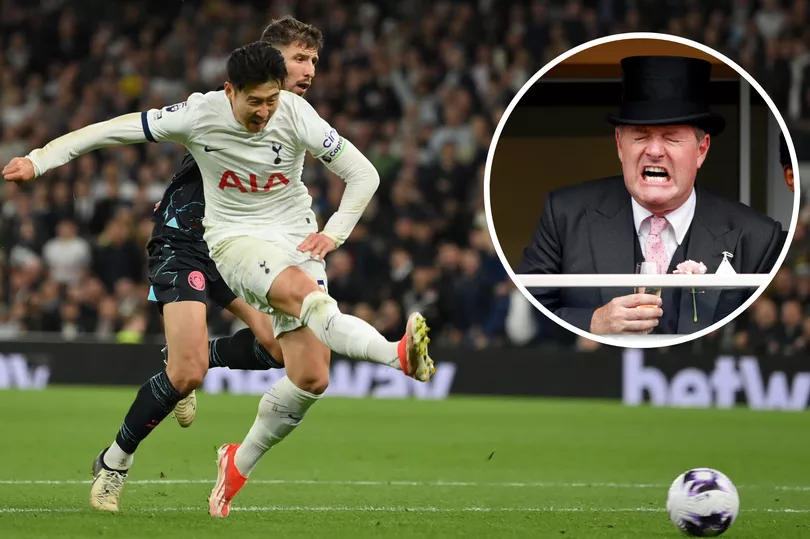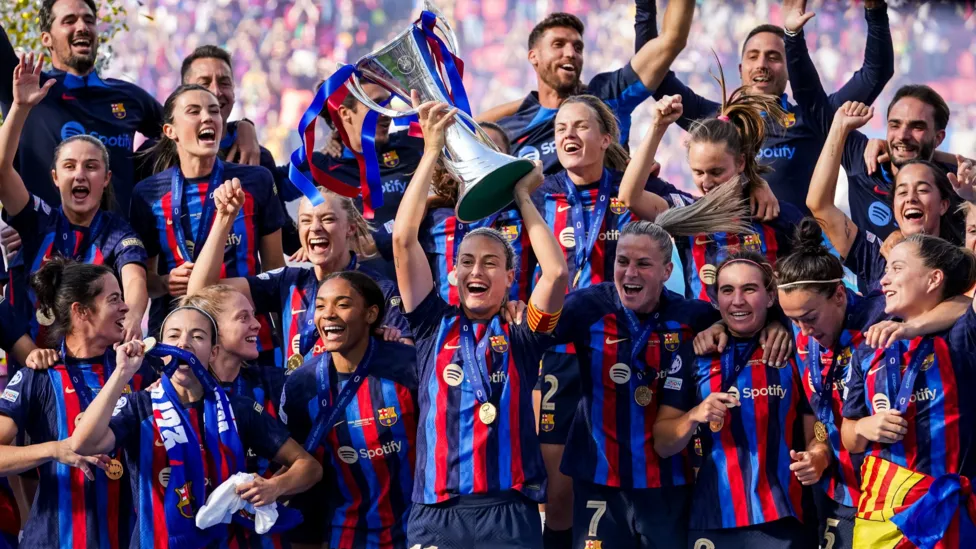Television broadcaster and Arsenal supporter Piers Morgan has branded any Tottenham fan celebrating their 2-0 loss to Manchester City last night as ‘disgraceful idiots’ in a fierce rant.
In what was such a pivotal game for the title race, Spurs dealt their bitter rivals Arsenal a brutal blow as they handed Man City the top spot in the league table thanks to Erling Haaland’s second-half brace alongside Heung-min Son’s late missed chance that could’ve levelled the scoreline with just five minutes left.
Ange Postecoglou’s side could’ve still mathematically finished in the top four before last night’s clash, with them needing to overturn a five-point deficit to Aston Villa, but the result meant that Spurs were left in a position where they can now finish outside the top five on the final day of the season.
Even after the full-time whistle, supporters noticed a playful conversation between Pep Guardiola and Tottenham centre-back Cristian Romero, with the Man City boss finishing it off by playfully punching the Argentinian in the chest with a smile – a stark contrast to the post-match press conference of Postecoglou who appeared incensed on the touchline at a fan celebrating his side’s loss.
With emotions running high for all three teams, it was Morgan who summarised what many Arsenal fans have been claiming in the days leading up to the match, which saw Tottenham fans asking the club on social media to lose in order to derail Mikel Arteta’s side’s attempt at lifting their first Premier League trophy in over 20 years.
One of those fans was former Spurs midfielder Jamie O’Hara, who took to watching the match in a Manchester City shirt during a live watch along on talkSPORT, in which he was also seen doing the poznan and singing Blue Moon.
Speaking to Ally McCoist and Alan Brazil on TalkSPORT’s Breakfast show the following morning, Morgan fumed: “Morning chaps. I’ll tell you what I can say [about the match], Jamie O’Hara and all the other little Spurs fans who were actually celebrating their team losing are possibly the most disgraceful bunch of tiny-club-mentality idiots I think world football has ever seen!
“I mean honestly, they were dancing around in celebration as Man City scored against them. O’Hara is wearing a City shirt and jumping around because it’s the closest thing they’ll ever get to winning anything in their tiny, godforsaken lives.
“It’s got to be the most embarrassing, humiliating, self-harming act of treachery I’ve ever seen and I really feel sorry [for them], because I’ve woken up this morning knowing how it feels to be a Spurs fan for a night and it’s horrible. I’ve woken up with a massive headache, I got hardly any sleep, I drank too much and I felt a sense of self-loathing which only disappeared when I remembered I was an Arsenal fan.
“Just to remind everyone, O’Hara was in the Arsenal academy before we got rid of him and sent him to Tottenham, that just shows his mentality. I do feel sorry for Ange Postecoglou because he’s an Australian, he doesn’t understand what it means to want to lose something in sport because losing is alien to them. Postecoglou has literally had to turn around in a massive game for them which could’ve helped them to qualify for the Champions League but no, there was a Tottenham fan behind him chanting throughout the game for him to throw the match.
“Postecoglou, because he’s a winner, turned around and had a go at him. What a moment for Tottenham fans, I mean, how can any of them live with themselves after watching that scene go down last night? They had a chance to try and make top four, they were the better team for 70 percent of that match against City but Son missed an absolute sitter and Arsenal aren’t heading for the Premier League on Sunday. I’m annoyed, I’m annoyed but I’m also ashamed, even more so than usual, of Spurs fans.”

 Nigeria Premier League3 days ago
Nigeria Premier League3 days ago
 Transfers1 day ago
Transfers1 day ago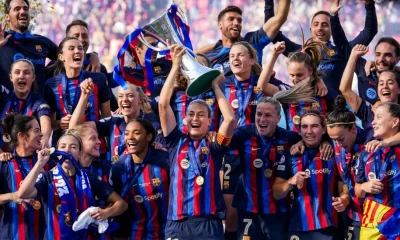
 News1 day ago
News1 day ago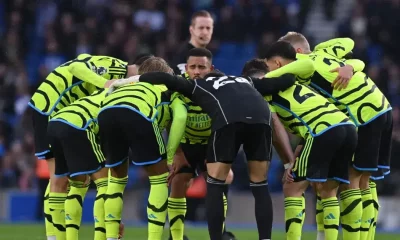
 European Leagues1 day ago
European Leagues1 day ago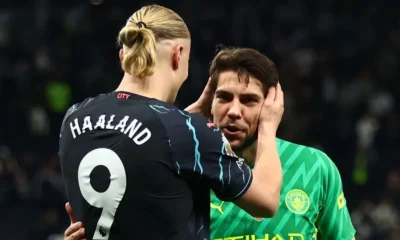
 European Leagues1 day ago
European Leagues1 day ago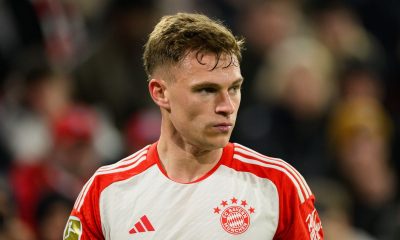
 Transfers1 day ago
Transfers1 day ago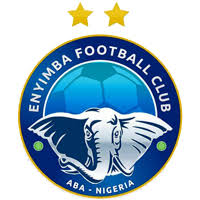
 Nigeria Premier League1 day ago
Nigeria Premier League1 day ago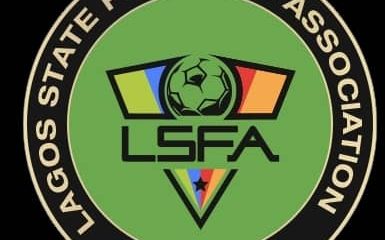
 Nigeria Premier League2 days ago
Nigeria Premier League2 days ago

